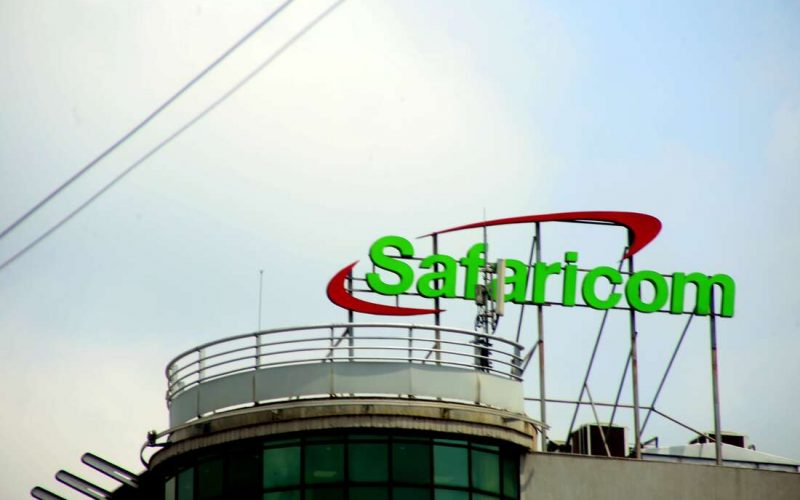By Mark Kawalya
For the financial year ending March 2023, Safaricom projected it would lose Kshs2 billion after the Kenya Communications Authority (CA) reduced mobile termination rates (MTR) by 41.4 percent. MTRs are the charges that mobile service providers levy on other operators for terminating voice calls that are hosted on their grid.
In August 2022, the rate was reduced from Kshs 0.99 per minute to Kshs 0.58 per minute. Safaricom saw a drop of Ksh470 million in its interconnect revenue for the half year that ended in September 2022, after the application of the new rates for a two-month period. The impact for the entire financial year is projected to be a Ksh2 billion retraction in interconnect revenues.
Peter Ndegwa, Safaricom’s CEO, in a call with investors and analysts on November 11, 2022, said, “Interconnect revenue has declined, coming from the MTR impact that we have seen in the first two months of the year.”
Owing to the market leading share it commands in the voice industry, Safaricom is the major beneficiary of the MTRs as compared to its competitors like Telecom Kenya, Airtel Kenya, and Equitel. The Shs2 billion drop over eight months translates to a monthly contraction of Kshs250 million, with a projected full-year drop of Kshs3 billion for the fiscal year ending March 2024.
However, as Safaricom experiences this revenue reduction, the company’s rivals will have reason to dance as they will cut back on the amounts, they have been paying to Safaricom in the form of termination fees.
A reduction in MTR is throwing headwinds to the voice revenue product line which is already suffering decline along with text messaging due to the upsurge in use of mobile data enable communication using tools like Whatsapp, Zoom, Skype and Facebook messenger.
MTR has been reduced from Kshs 2.21 per minute in 2010 to Kshs 1.44 in 2011 and to Kshs 1.15 in 2012. 2013 saw a further reduction to Kshs0.99 in 2013 before the reduction in last year’s review.
The reduction in termination rates has not yet triggered downward pricing among the telcos, which could open the Pandora’s box of even more pressure on voice revenues.








